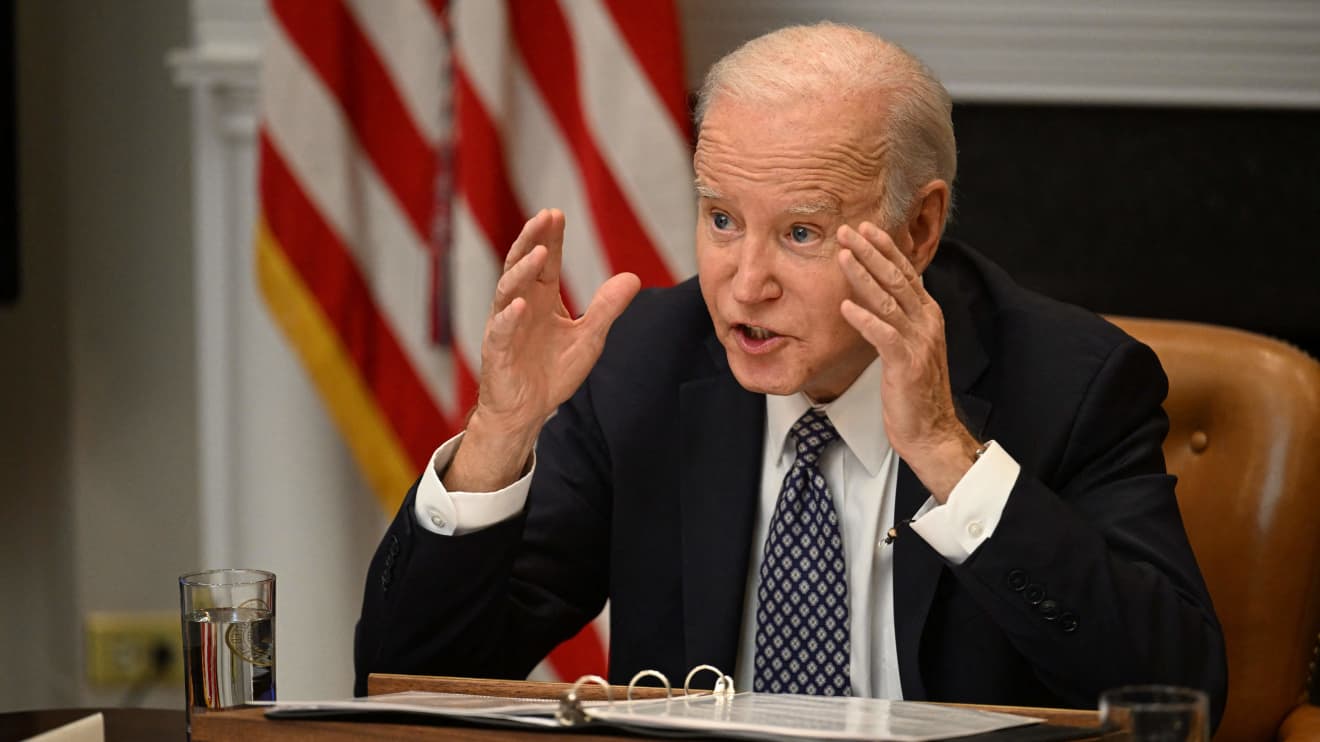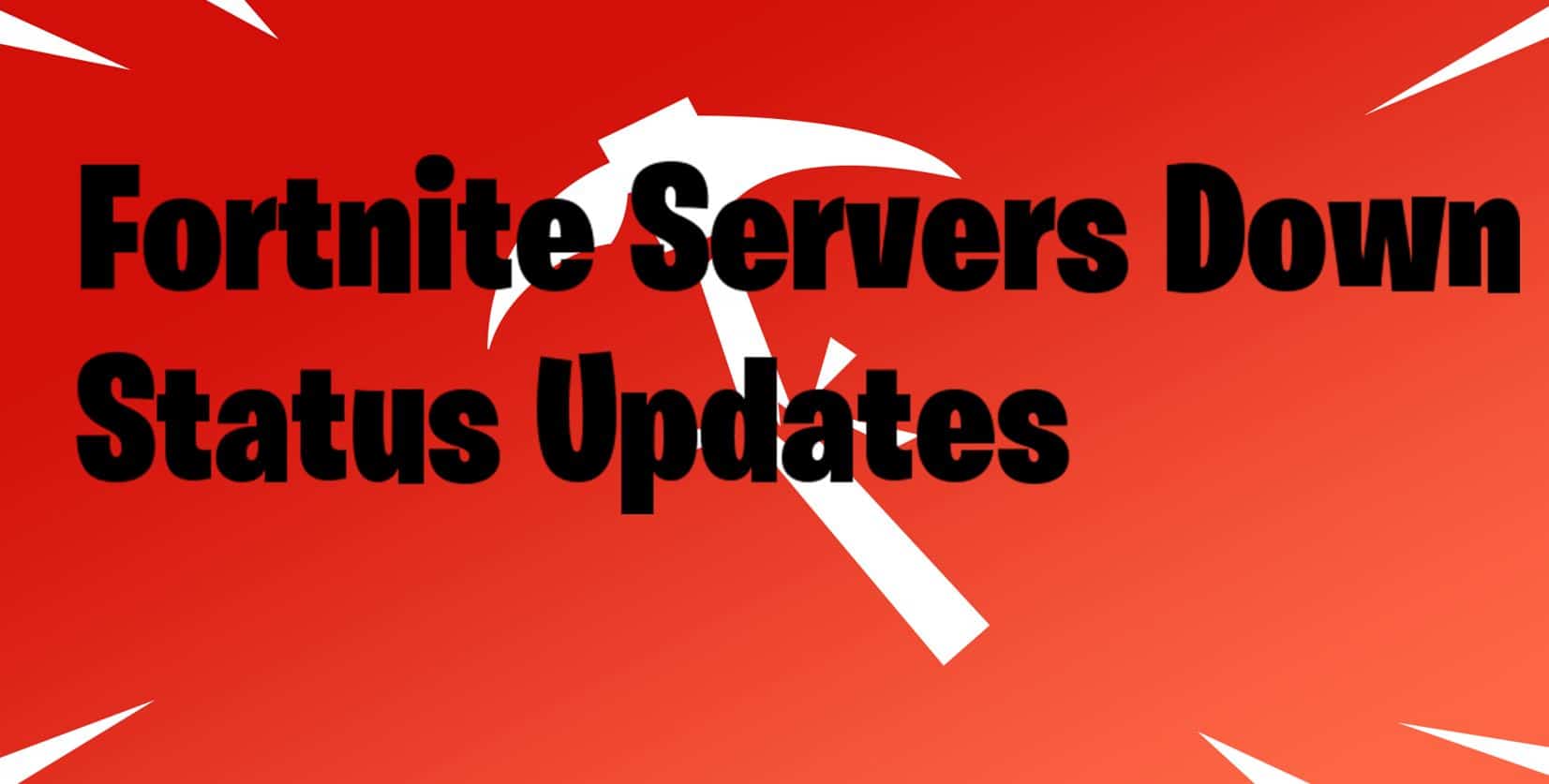Biden's Economic Policies: Impact And Assessment Of The Current Slowdown

Table of Contents
Inflation and Biden's Response
The Inflationary Pressures
The United States is currently experiencing elevated inflation, as measured by the consumer price index (CPI). This inflation rate, hovering at levels not seen in decades, is fueled by a complex interplay of factors. Supply chain disruptions, the lingering effects of the pandemic, increased energy prices (particularly oil and gas), and robust consumer demand all contribute to the inflationary pressures. This situation, characterized by high inflation and slow economic growth, raises concerns about stagflation.
- Effectiveness of Anti-Inflationary Measures: The Biden administration has implemented several measures to combat inflation, including releasing oil from the Strategic Petroleum Reserve to lower energy costs and investing in infrastructure to alleviate supply chain bottlenecks. The effectiveness of these measures is a subject of ongoing debate. While some argue they have had a marginal impact, others contend they are insufficient to address the root causes of inflation.
- Criticisms and Alternative Approaches: Critics argue that the administration's spending policies have exacerbated inflation by increasing demand without a corresponding increase in supply. Alternative approaches, such as focusing on supply-side reforms or more targeted fiscal policies, have been proposed.
- Role of Global Factors: It's crucial to acknowledge that global factors, such as the war in Ukraine and ongoing supply chain issues impacting the entire world, significantly contribute to the current inflationary environment. Attributing inflation solely to domestic policies would be an oversimplification.
Impact on Job Growth and Unemployment
Job Market Performance under Biden
The job market under the Biden administration has shown mixed results. While job growth has been positive in certain sectors, the unemployment rate, while low historically, does not fully capture the nuances of the labor market. Key metrics like labor market participation rates offer a more complete picture.
- Sectoral Job Growth: The sectors experiencing the most significant job growth include technology, healthcare, and professional services. Conversely, sectors like manufacturing and retail have shown slower growth or even decline in some areas.
- Quality of Jobs: The quality of newly created jobs is also a crucial factor. While job creation numbers are positive, concerns remain about wage stagnation in some sectors and the lack of benefits in others. Analyzing real wage growth, adjusted for inflation, provides a clearer picture of worker compensation.
- Comparison to Previous Administrations: Comparing the current job market performance to that of previous administrations requires careful consideration of various economic factors and historical contexts. A comprehensive analysis must consider long-term trends and cyclical fluctuations to draw meaningful comparisons.
The Infrastructure Investment and Jobs Act
Long-Term Economic Impacts
The Infrastructure Investment and Jobs Act represents a substantial investment in the nation's infrastructure, with potential long-term economic benefits.
- Projected Job Creation: This massive infrastructure plan is projected to create millions of jobs across various sectors, from construction and engineering to manufacturing and transportation. The multiplier effect of this spending could stimulate broader economic growth.
- Impact on Productivity and Competitiveness: Modernizing infrastructure is expected to boost productivity by improving transportation efficiency, enhancing communication networks, and upgrading energy grids. This could improve the nation's long-term economic competitiveness.
- Implementation Challenges: Successfully implementing the Infrastructure Investment and Jobs Act faces challenges such as bureaucratic hurdles, supply chain constraints, and potential labor shortages. Overcoming these hurdles is crucial to realizing the act's full potential.
Supply Chain Issues and Their Effect
Biden's Efforts to Address Supply Chain Disruptions
Supply chain disruptions continue to pose a significant challenge to the economy. Biden's administration has undertaken several initiatives to address these bottlenecks.
- Government Spending and Regulation: The administration has implemented policies aimed at increasing domestic production, investing in port infrastructure, and reducing regulatory burdens on businesses.
- Improving Port Efficiency: Efforts to improve port efficiency and logistics, including increased investment in port infrastructure and technology, are underway.
- Geopolitical Factors: Global geopolitical factors, such as trade tensions and conflicts, continue to exert pressure on supply chains, complicating efforts to alleviate disruptions. The administration's approach needs to consider these broader geopolitical issues.
Conclusion
In conclusion, the impact of Biden's economic policies on the current economic slowdown is multifaceted and complex. While the administration has implemented various measures to address inflation, job growth, and supply chain issues, the effectiveness of these policies remains a subject of ongoing debate. The long-term impact of the Infrastructure Investment and Jobs Act holds significant potential, but success hinges on efficient implementation and overcoming various challenges. A balanced assessment necessitates considering both the domestic policy responses and the influence of global factors. We encourage further research into Biden's economic policies and their long-term effects. Exploring alternative viewpoints and engaging in informed discussions about President Biden's economic agenda and the impact of Biden's economic policies on the US economy is crucial for navigating the current economic climate and shaping future policy decisions.

Featured Posts
-
 6aus49 Ergebnisse Mittwoch 9 April 2025 Alle Gewinnzahlen Im Ueberblick
May 03, 2025
6aus49 Ergebnisse Mittwoch 9 April 2025 Alle Gewinnzahlen Im Ueberblick
May 03, 2025 -
 Fortnite Chapter 6 Season 2 Down Server Outage And Maintenance
May 03, 2025
Fortnite Chapter 6 Season 2 Down Server Outage And Maintenance
May 03, 2025 -
 Bae Ve Orta Afrika Cumhuriyeti Yeni Ticaret Anlasmasi
May 03, 2025
Bae Ve Orta Afrika Cumhuriyeti Yeni Ticaret Anlasmasi
May 03, 2025 -
 Emmanuel Macron Pression Accrue Sur Moscou Dans Les Prochains Jours
May 03, 2025
Emmanuel Macron Pression Accrue Sur Moscou Dans Les Prochains Jours
May 03, 2025 -
 Lotto 6aus49 Ergebnisse Und Gewinnzahlen Vom 12 April 2025
May 03, 2025
Lotto 6aus49 Ergebnisse Und Gewinnzahlen Vom 12 April 2025
May 03, 2025
